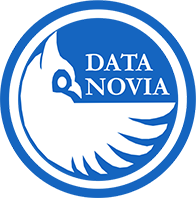Kassambara A, Jourdan M, Bruyer A, Robert N, Pantesco V, Elemento O, Klein B, Moreaux J. Global miRNA Expression Analysis Identifies Novel Key Regulators of Plasma Cell Differentiation and Malignant Plasma Cell. Nucleic Acid Research. 2017. Download the PDF
Summary of the Study
MicroRNAs (miRNAs) are small noncoding RNAs that attenuate expression of their mRNA targets. Here, we developed a new method and an R package to infer candidate miRNA–mRNA target interactions that could be functional during a given biological process.
Using this method, we described, for the first time, a comprehensive integrated analysis of miRNAs and mRNAs during human normal plasma cell differentiation (PCD). Our results reveal:
- 63 miRNAs with significant temporal changes during normal PCD
- A high-confidence network of 295 target relationships involving 47 miRNAs and 141 mRNAs
- New regulatory links, including miR-30b/c/d targeting IRF4, PRDM1, ELL2, ARID3A
- 24 miRNAs overexpressed in multiple myeloma (MM) that overlap with normal PCD regulators
This study identifies candidate novel key miRNAs regulating both normal PCD and malignant plasma cell biology.
Citation
Publication: In Nucleic Acid Research
Date: June 2, 2017
Type: Journal Article
PDF: Download the PDF
Scientific Contributions
Here are more scientific abstracts authored or co-authored by Alboukadel Kassambara. These contributions span computational biology, bioinformatics, biostatistics, machine learning, and multi-omics, with a focus on immuno-oncology and translational research.
